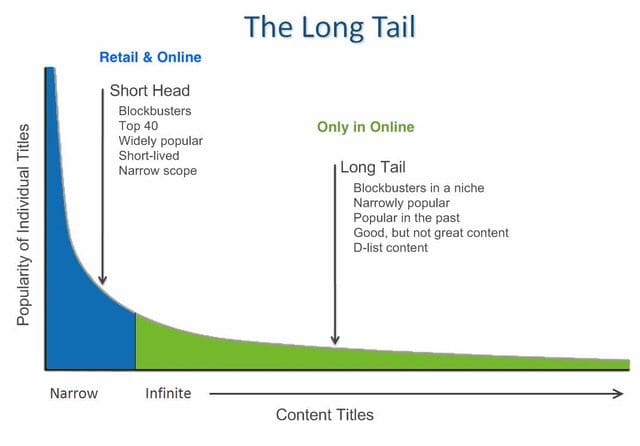**Kevin Gray: What are recommender systems? **
Anna Farzindar: When you search for a product on Amazon, the algorithm suggests other items with the note “Recommended for you, Kevin” or “Customers who bought this item also bought…”
Recommender systems predict the preference of the user for these items, which could be in form of a rating or response. When more data becomes available for a customer profile, the recommendations become more accurate.
There are a variety of applications for recommendations including movies (e.g. Netflix), consumer products (e.g., Amazon or similar on-line retailers), music (e.g. Spotify), or news, social media, online dating and advertising.
Could you give us a brief history of how they came about?
The World Wide Web continues to grow rapidly around the world, and it is necessary to develop algorithms to analyze the high volume of information it produces. Especially with the transition of traditional retailers to on-line vending and e-commerce, the Web enables near-zero-cost diffusion of information about products. A physical store has limited shelf space and can only provide what is popular, but an on-line retailer like Amazon offers millions of products.
This concept has been called the “Long Tail’’ phenomenon as shown below. The vertical axis represents the popularity of items and the horizontal axis the options based on their popularity. Physical stores can only offer popular products, while on-line stores can make everything available to a buyer anywhere. The role of the recommendation system is to suggest items to users that include popular ones and those on the long tail.

From 2006 to 2009, Netflix, a streaming service offering TV shows, movies and documentaries on internet-connected devices, conducted a competition with a grand prize of $1M for the winning recommendation system. They provided a dataset of over 100 million movie ratings by anonymous Netflix customers between 1999 and 2005, and the winner had to improve the baseline predictions of Netflix’s existing system by 10%. In September 2009, the grand prize was given to the BellKor’s Pragmatic Chaos team.
#2020 jul opinions #interview #recommendation engine #recommender systems #interview-questions
